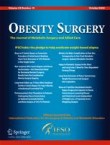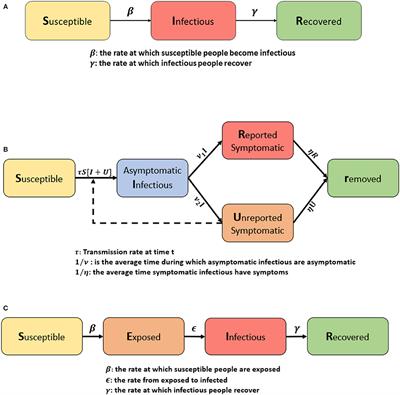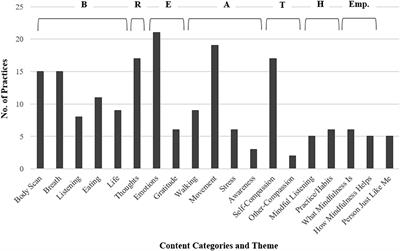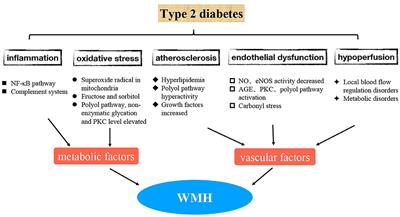18F-Fluorocholine PET/CT is a highly sensitive but poorly specific tool for identifying malignancy in thyroid nodules with indeterminate cytology: The Chocolate study.
Thyroid. 2020 Nov 12;:
Authors: Ciappuccini R, Licaj I, Lasne-Cardon A, Babin E, de Raucourt D, Blanchard D, Bastit V, Saguet-Rysanek V, Lequesne J, Peyronnet D, Grellard JM, Clarisse B, Bardet S
Abstract
Background Refining the risk of malignancy in patients presenting thyroid nodules with indeterminate cytology (IC) is a critical challenge. We investigated the performances of 18F-Fluorocholine (FCH) PET/CT to predict malignancy. Methods Between May 2016 and March 2019, 107 patients presenting a thyroid nodule ≥15 mm with IC and eligible for surgery were prospectively included (ClinicalTrials.gov identifier: NCT02784223). Head-and-neck PET/CT acquisitions were performed 20 min and 60 min after injection of 1.5 MBq/kg of FCH. PET/CT acquisition was scored positive when maximal standardized uptake value in the IC nodule was higher than in the thyroid background. Pathology was the gold standard. Results At pathology, 19 (18%) nodules were malignant, 87 were benign and one was a non-invasive follicular thyroid neoplasm with papillary-like nuclear features (NIFTP). Sensitivity, specificity, accuracy, positive-predictive value (PPV) and negative-predictive value (NPV) of FCH PET/ CT in detecting cancer or NIFTP were respectively 90%, 50%, 55%, 29% and 96% at 20 min and 85%, 49%, 67%, 28%, and 94% at 60 min. Higher specificity (58% vs 33%, p=0.01) was observed in non-oncocytic (n=72) than in oncocytic IC nodules (n=35). The pre-PET/CT probability of cancer or NIFTP in Bethesda III-IV nodules was 11% and the post-PET/CT probability was 19% in PET-positives and 0% in PET-negatives. A posteriori, 42% of surgeries were unnecessary after PET/CT and 81% before (p<0.001), resulting in a hypothetical 48% reduction (95% CI, 32-64). Conclusions FCH PET/CT offers high NPV to reliably exclude cancer in PET-negative IC nodules but suffers from low PPV, particularly in those with oncocytic cytology.
PMID: 33183159 [PubMed - as supplied by publisher]









